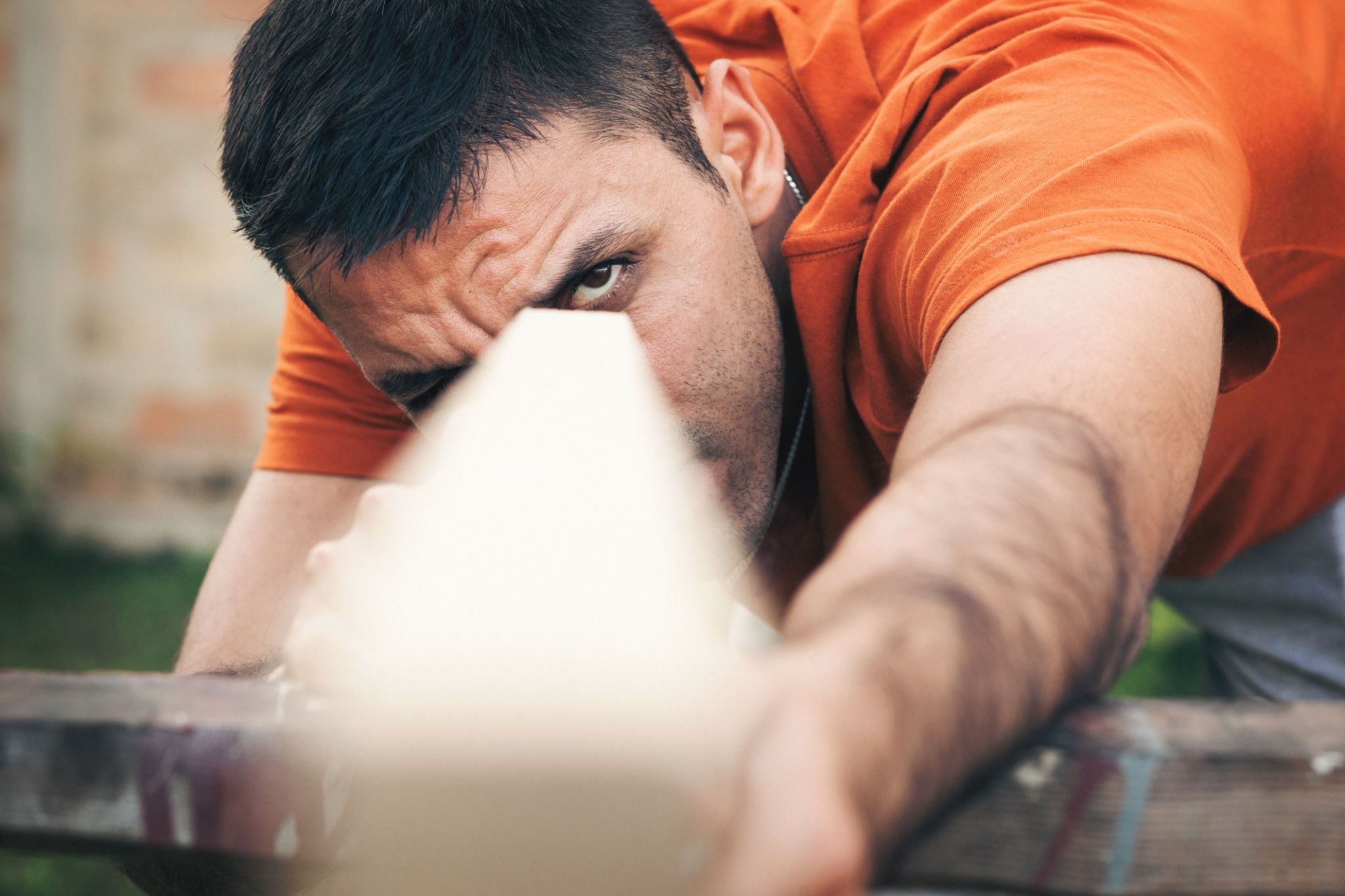5 Common Mistakes to Avoid When Installing a Timber Deck
WC
Choosing the Wrong Timber
One of the most critical decisions in building a timber deck is selecting the right type of wood. Often, homeowners are tempted to choose cheaper options without considering their durability and resistance to environmental factors. It's essential to select a timber that can withstand the local climate, whether it be rain, sun, or snow. Hardwoods like teak and ipe are popular choices due to their strength and natural resistance to decay.

Ignoring Proper Ventilation
Proper ventilation beneath your deck is crucial for preventing moisture buildup, which can lead to rot and structural damage. Many overlook this aspect, resulting in costly repairs. Ensure there is plenty of airflow beneath the deck by installing vents or leaving gaps between the boards to promote air circulation.
Skipping the Foundation
Another common mistake is neglecting the foundation of the deck. The stability of your deck largely depends on a strong and well-laid foundation. Skipping this step or not investing enough time and resources into a solid base can lead to an uneven or unsafe structure. Make sure to use appropriate materials like concrete or treated timber for your deck's foundation.

Improper Fastening
Using the wrong fasteners or not securing them correctly can compromise the integrity of your deck. It's vital to use corrosion-resistant screws and nails that are specifically designed for outdoor use. Moreover, ensure that all fasteners are properly placed and tightened to avoid loose boards and potential safety hazards.
Neglecting Regular Maintenance
Once your deck is installed, it's essential to maintain it regularly. Many homeowners forget that timber decks require ongoing care to look their best and remain structurally sound. Regular cleaning, sealing, and inspections for signs of wear or damage should be part of your deck maintenance routine.

Overloading the Deck
Finally, be cautious not to overload your deck with heavy furniture or too many people during gatherings. Each deck has a weight limit that should not be exceeded to prevent structural damage or collapse. Always check the load-bearing capacity of your deck and plan accordingly.
By avoiding these common mistakes when installing a timber deck, you can ensure a beautiful and long-lasting outdoor space that adds value and enjoyment to your home. Proper planning, installation, and maintenance are key to achieving the perfect deck for your needs.
